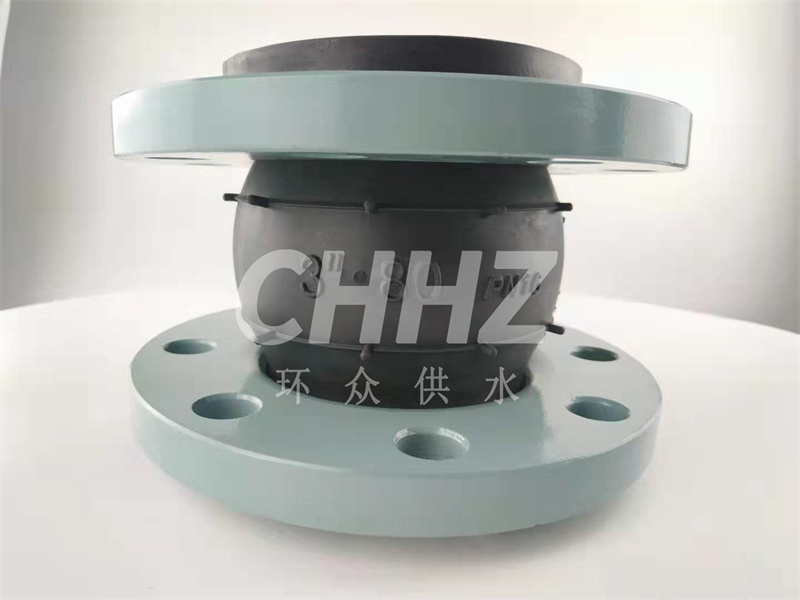What is the role of concentric reducer rubber expansion joint?
Concentric reducer rubber expansion joint can greatly reduce the vibration and noise of pipeline system, with high pressure resistance, good elasticity, can fundamentally solve all kinds of pipeline interface displacement, axial expansion and contraction and different centricity and other problems. According to the different materials can be made into acid-resistant, alkali-resistant, corrosion-resistant, oil-resistant, heat-resistant and other types of varieties, adapt to a variety of media and environment. Like common rubber expansion joint, it is also composed of inner rubber layer, nylon cord fabric reinforcement layer and outer rubber layer. Mainly used for pump valve outlet and outer pipe size is different, or according to the medium flow different pipeline system.
Generally, the inner and outer rubber layer of the reducer rubber expansion joint is made of natural rubber, butadiene rubber or paraben rubber. The working pressure of the reducer rubber expansion joint depends on the material and structure of the reinforcement layer. The inner rubber layer directly bears the wear and erosion of the transport medium; the outer rubber layer protects the inner body of the reducing rubber expansion joint from the damage and erosion of the external environment; the reinforcement layer is the pressure-bearing layer of the reducing rubber expansion joint, which gives the reducing rubber expansion joint strength and stiffness.
Easy to install and maintain, long service life, but avoid contact with sharp metal instruments, so as not to pierce the sphere. Such as overhead use can be equipped with flexible bracket, installation bolts should be tightened with diagonal method.
Need to change the thickness of the pipe, in the flow rate change will also be used, so that different sizes of pipes can be connected in a straight line to achieve the pipe diameter of the fittings. If the pipeline pressure is too high, the limit bolt should be used to connect the two end flanges together.
